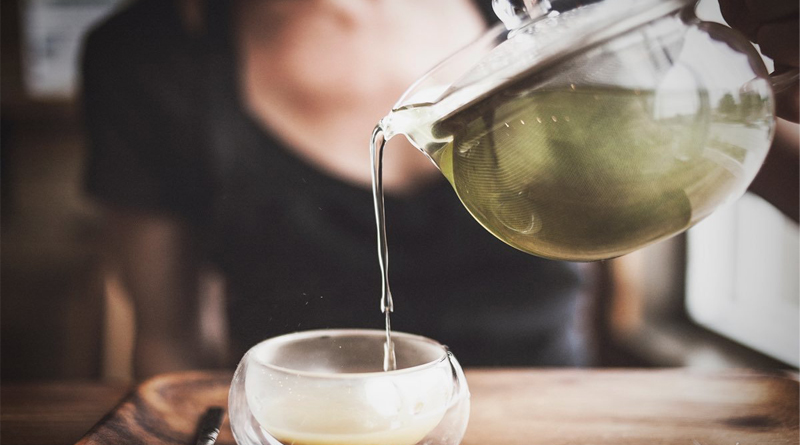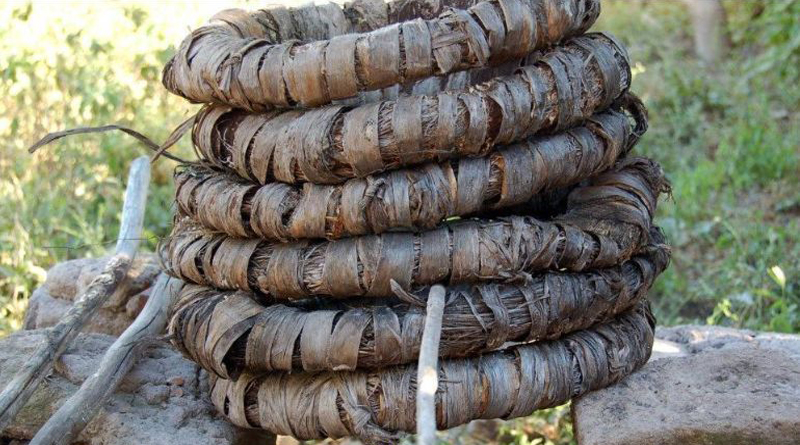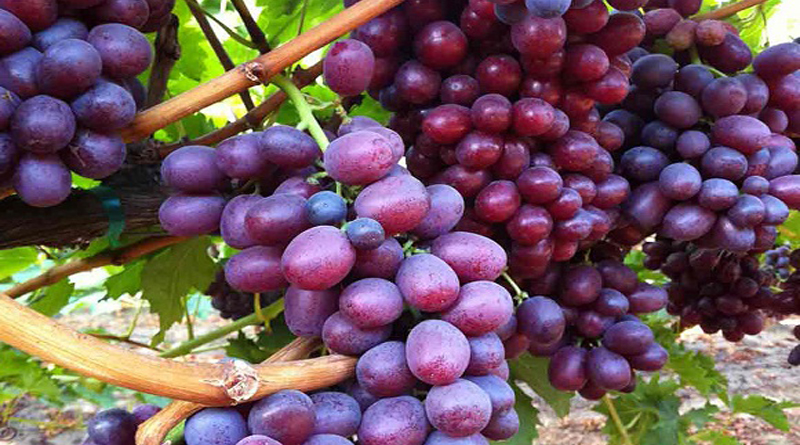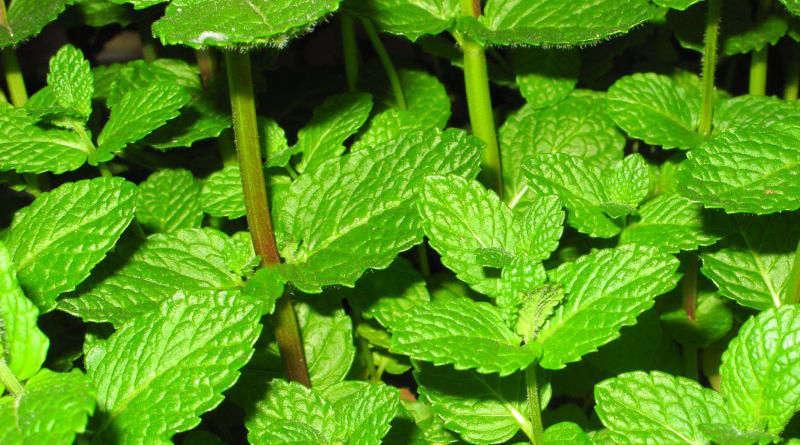A recently discovered tea plant, which grows wild in the mountains of China, could provide many of the health benefits associated with regular brewed teas without delivering a boost of caffeine, according to a study published in the Journal of Agricultural and Food Chemistry.
Lead researcher Liang Chen and his team discovered the varietal, called hongyacha (HYC), in the Fujian province and decided to explore its properties. My research focus,” he says, “is the collection, conservation, evaluation, and utilization of tea genetic resources, using conventional and more advanced methodologies.” One of the motivations for his research, he adds, “is that my wife loves to drink tea, but she is a little sensitive to the caffeine. So, a tea naturally low in caffeine will be perfect.”
Chen was first introduced to HYC several years ago, when his research team traveled to Fujian and learned about the wild tea plants from local farmers, who believe the tea can cure colds, soothe stomach pain, and relieve a host of other ailments. To find out more about its structural makeup and chemical composition, the researchers used high-performance liquid chromatography (HPLC) to analyze HYC buds and leaves collected during the growing season.
“We recorded the morphological characteristics and tea samples, and analyzed the chemical components, in particular the caffeine contents, carefully using the HPLC and other facilities,” Chen explains. “The results indicated that theobromine and trans-catechins, but not caffeine and cis-catechins, were the dominant purine alkaloids and catechins detected in HYC.”
Other findings indicate that the cultivar is rich in a variety of gallocatechin gallate compounds that are high in antioxidant activity. “HYC might contain abundant gallocatechin-(4 → 8)-gallocatechin gallate, 1,3,4,6-tetra-O-galloyl-β-D-glucopyranose, and (−)-gallocatechin-3,5-di-O-gallate, which were not detected in regular tea,” notes Chen. “We also found that the tea caffeine synthase 1 (TCS1) of HYC was distinct, and the responding recombinant protein exhibited only theobromine synthase activity.” In short, the results showed that HYC is a new kind of caffeine-free tea plant.
The next phase of research will consist of “vegetative propagation using cutting or grafting,” says Chen, adding that “the health benefit of HYC will be of high priority in our further research on it.”
Source: IFT










